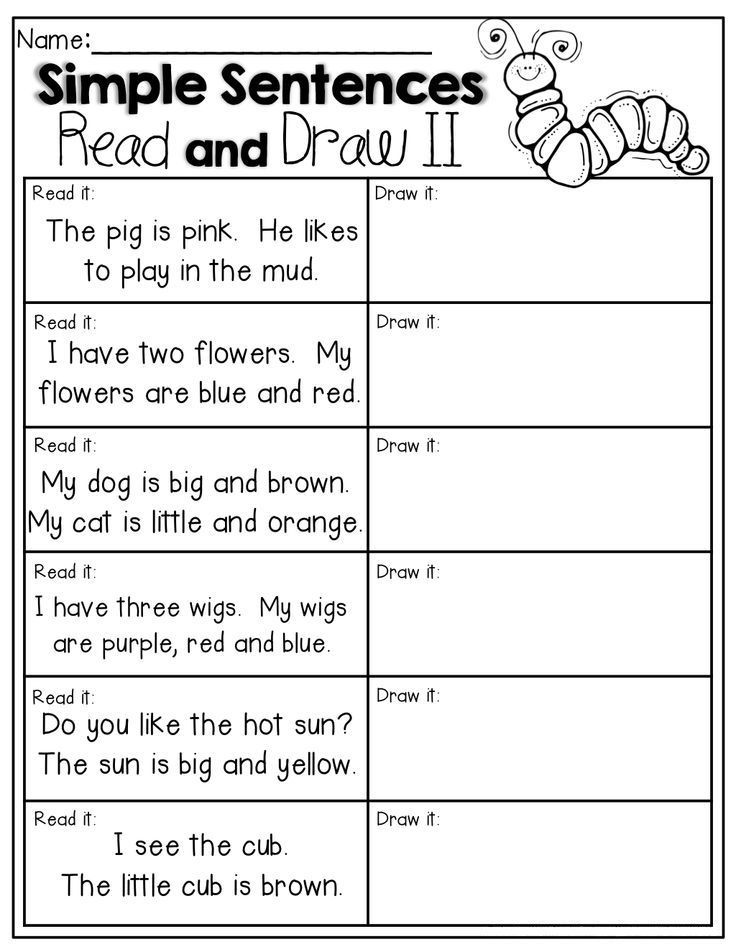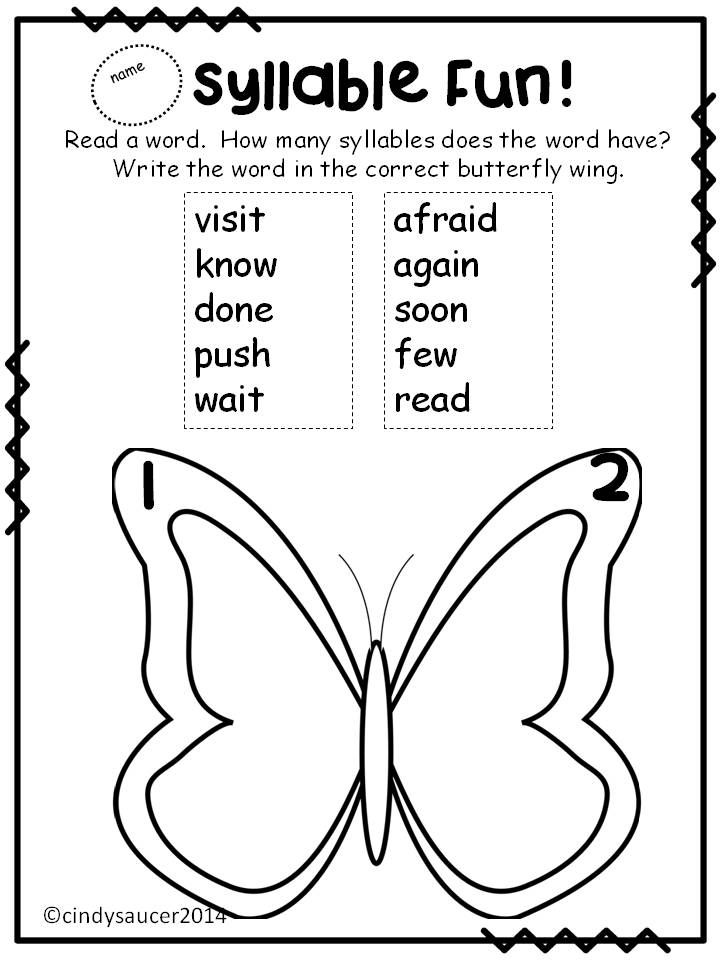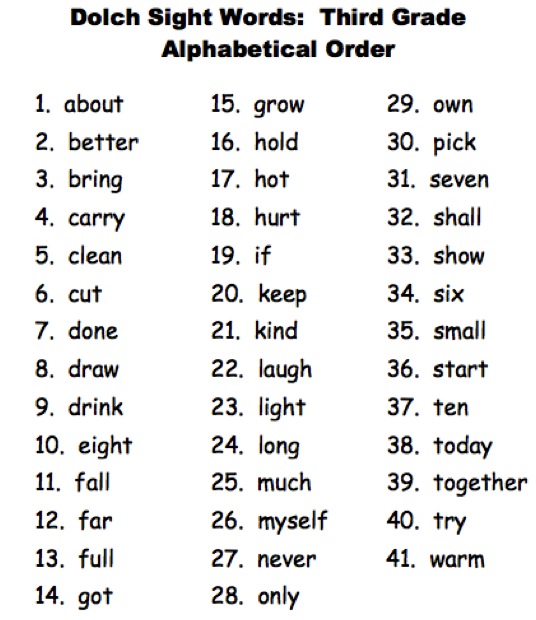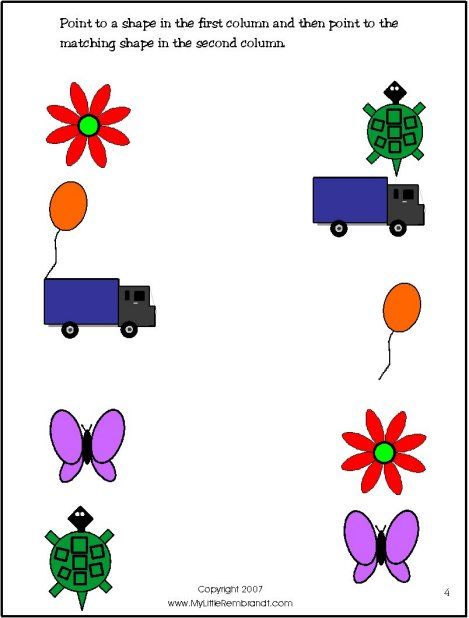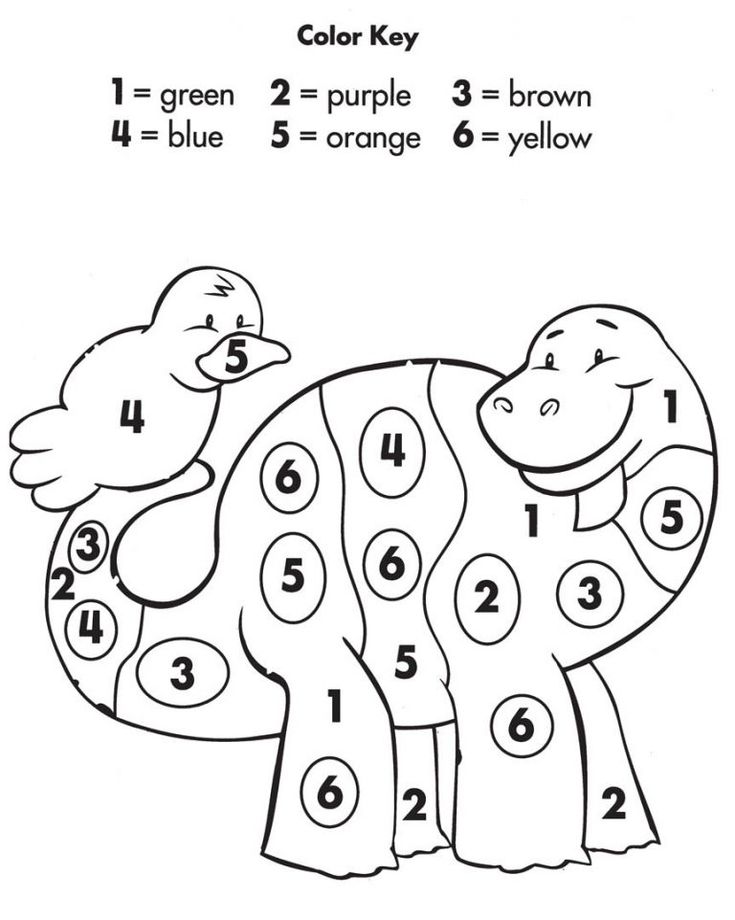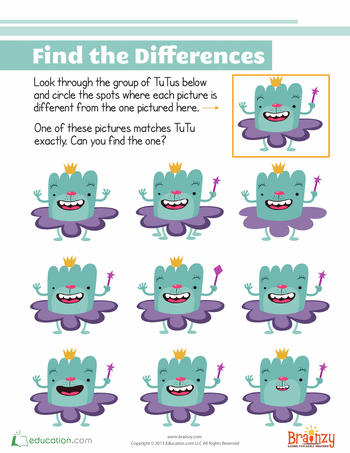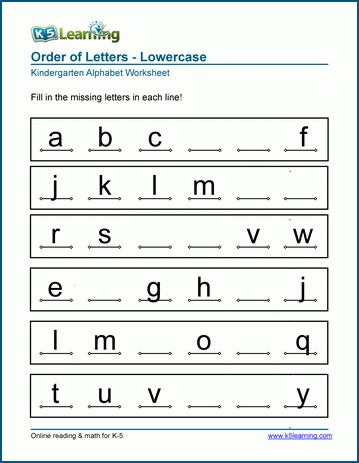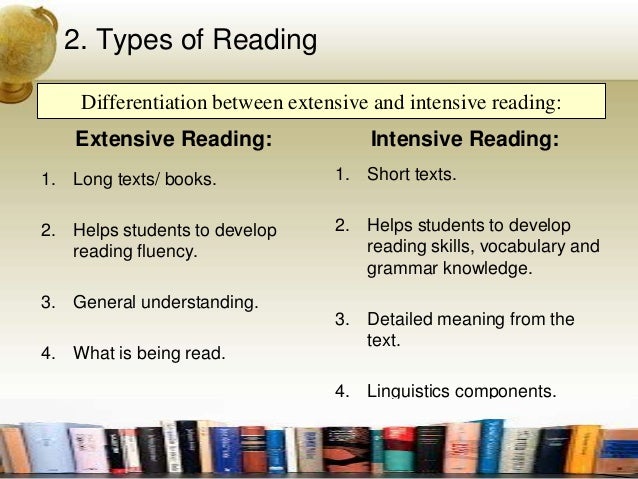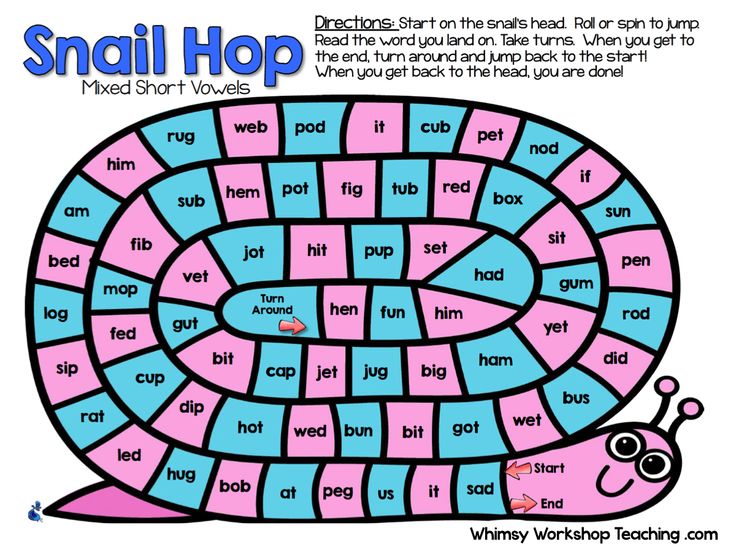What do kids learn in 1st grade
5 Things to Taught to Kids in First Grade
It was like yesterday when you were walking your child to kindergarten. And now, they are ready to start the first grade. It’s such an emotional moment for a parent when their child achieves a milestone like first grade. But, it is also overwhelming and daunting for parents because they have no clue what is taught to kids in 1st grade?
First grade is a big transition for a child—from a playful and fun environment of prekindergarten, they are moving towards a more academically challenging environment. It can be a big shock for both parents and students.
Therefore, if your child is starting 1st grade this year, you should learn all about what is taught to kids in the first grade so you and your child can come prepared on the first day of school. This guide is a small step to help you understand what 1st grade will bring your way.
Reading in the 1st grade
Writing in the 1st grade
Math in the 1st grade
Science in the 1st grade
Social Studies in the 1st grade
Tips for 1st graders’ parents
So, What Is Exactly Taught to Kids in the 1st Grade?
You will find some variations in the first-grade curriculum around the states. However, basic subjects taught to kids in the first grade are mostly the same everywhere. Usually, students learn math, reading, writing, science, and social studies in the 1st grade.
You might find some minor changes in the first-grade curriculum in different district schools. However, here are fundamental topics that are taught to kids in the first grade:
Reading in the 1st Grade
Your kids have already learned different sounds and read small words during kindergarten. The reading level will increase in the first grade, and your children will learn more complicated words and sounds. They will also be asked to read paragraphs and answer questions based on them.
First graders are expected to read fluently and understand the information they read. Some of the other topics that the first-grade reading curriculum includes are:
- A comprehensive reading of the entire first-grade material.
- Re-telling stories provided in the academic books.
- Creating characteristics based on the stories.
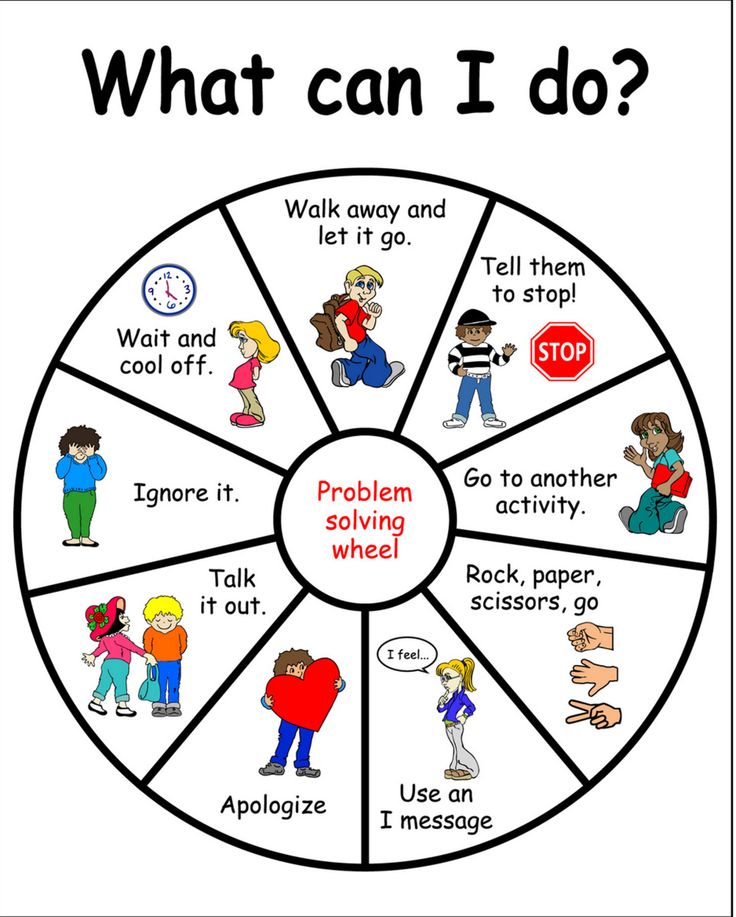
- Learning the meanings of similar words and how to use them in a sentence.
- Distinguish between narrative and nonfiction texts.
Writing in the 1st Grade
The writing level in first grade will increase a couple of levels. As your child’s motor skills have already developed in the kindergarten, teachers will focus more on creative and inventive writing.
Teachers can ask their students to use their imagination and write something unique. They can also motivate students to understand the sound of words and write them. Besides this, handwriting improvement is one of the main agendas in the first-grade curriculum. Other things that first-grade writing lessons include:
- When to use lower and upper cases while writing.
- Correct usage of ending punctuation like full stop and question marks.
- The right way to use frequency words in writing.
- Make writing more detailed and comprehensive.
- Usage of descriptive words.
- Learn to write narratives with two or more sequenced events.
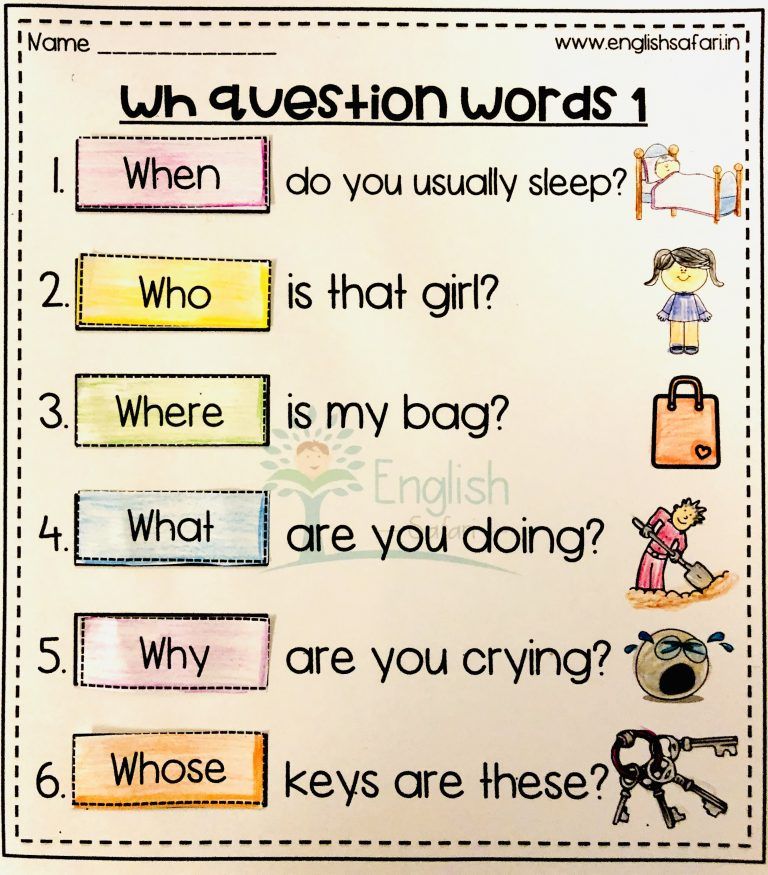
- Correctly spell the familiar words.
- Learn to edit their writing.
Math in the 1st Grade
Your children already know how to count, recognize numbers and organize them into different groups. So, all the previous math concepts will be revised in the first-grade math curriculum. After that, teachers will introduce more problem-solving and common addition or subtraction problems to your child.
In the first grade, teachers are more focused on setting the foundation for advanced math learning. Thus, they will teach your child:
- Addition and subtraction for small or single numbers.
- Counting money.
- Learn to see time on an analog clock.
- Identify different shapes.
- Recognize coins and currency notes.
- Solve simple word math problems.
- Learn to read, write and count numbers more than 100.
- Understand base values.
- Count numbers based on their tens or one’s place.
- Compare two or more objects based on length, weight, and volume.
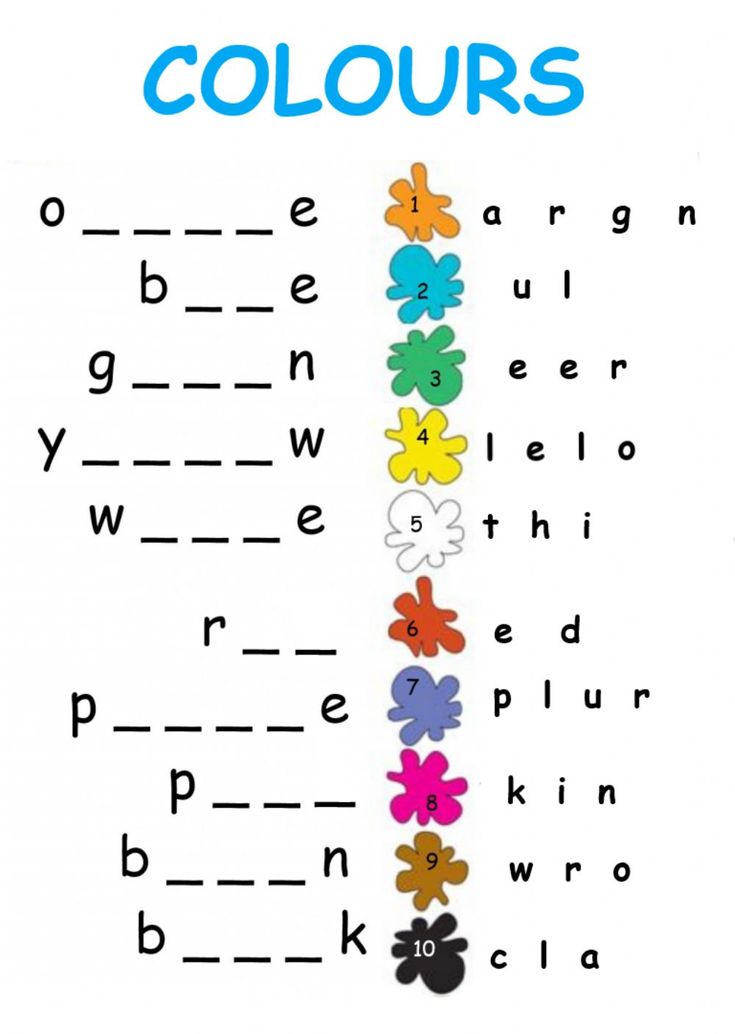
- Find more than and less than a given number with the usage of the symbols =, <, or >.
Science in the 1st Grade
Your child will learn more about life science and natural science in first-grade science. The teacher will introduce basic science concepts in the 1st grade using pictures and intuitive experiments, such as:
- The life cycle of a butterfly.
- Learn about animals and insects and their characteristics.
- Understand the earth like weather, climate, rain formation, etc.
- Basics of physical science and different properties of gas, liquid and solid.
- Introduction to common measurement tools like thermometers.
- Weather patterns.
- Environmental science.
Social Studies in the 1st Grade
Social studies is one of the important subjects taught in the first grade. This subject helps students develop social skills and understand how communities worldwide work. Some of the basic social science concepts taught in the 1st grade are:
- How many states are in the country?
- How do neighbourhood and local communities help to form a city?
- The concept of a community.
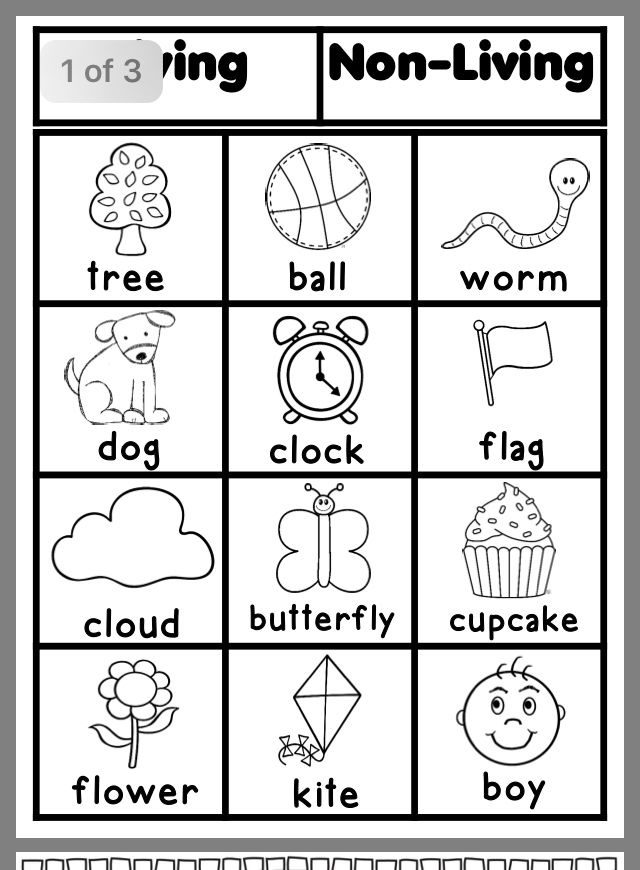
- Information about public and private institutions like libraries, public healthcare facilities, etc.
- The way various community components work together as a cohesive unit.
Tips for 1st Graders’ Parents
If you are stressed about your little one starting first grade, you should first relax. If you start to panic, your children will automatically start to feel pressure. Besides this, here are some simple tips that first graders’ parents should follow:
- Visit the school and classroom to understand what type of environment your child will get in the first grade.
- You can interact with your child’s new first-grade teacher to know what they will be teaching your child in the grade.
- Connect with other first graders’ parents to know their children’s problems during the first grade.
- You can talk to your child openly and prepare them for a new class, friends, and teachers.
- Go online and find information related to the 1st-grade curriculum in your district.
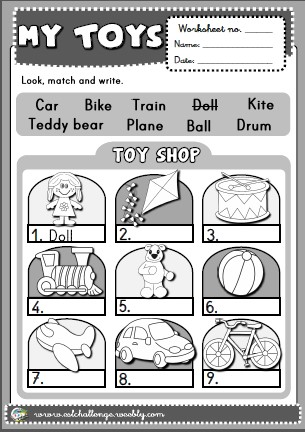
- Before sending your child to a new grade, you can start teaching some concepts at home like addition, subtraction, life sciences and more. This way, your child will feel prepared when the teacher teaches the subjects in the class.
Just Relax!
Parents, sending off your child to 1st grade can be overwhelming and challenging for you. But, it would help if you did not lose your calm. We know it’s easier to say than do.
However, you will not feel much stressed when you are informed and aware of what is taught to kids in the first grade. This guide has touched on all the essential first-grade curriculum points. So, you now have some idea of what to expect in the first grade. Therefore, relax and start preparing for the new milestone of your child.
FAQs
What are the basic elements of the first-grade curriculum?
The first-grade curriculum should include elements that can help students become independent readers and improve their phonics, phonemic awareness, and comprehension.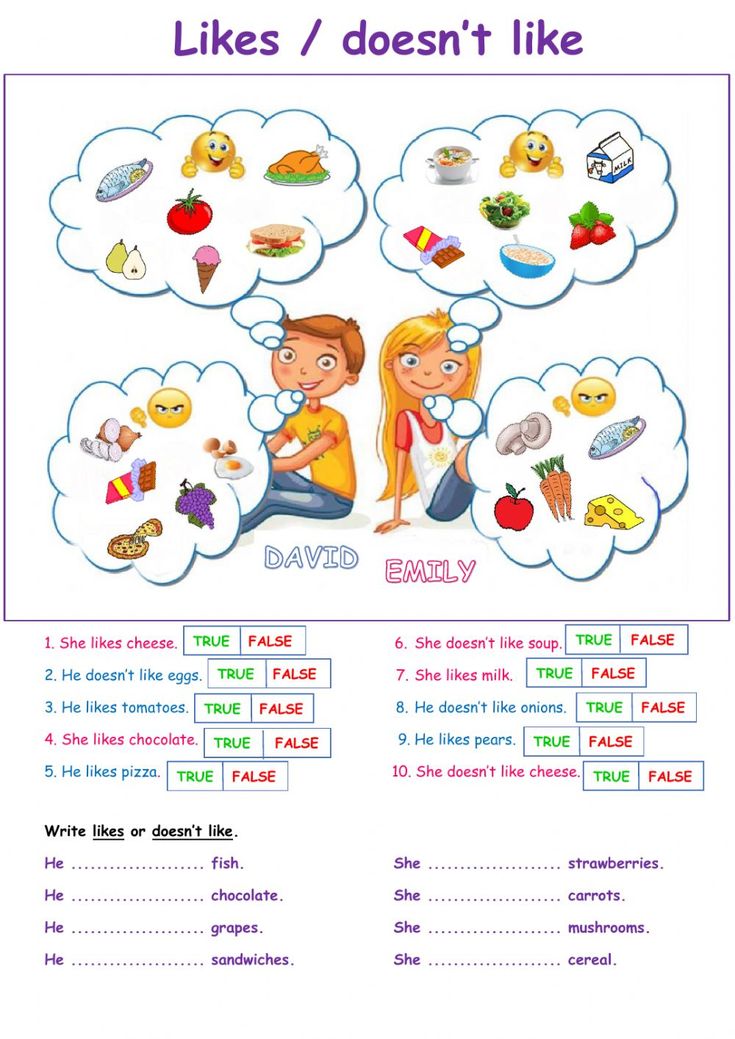 It should also include grammar and basic life lessons to develop a child’s overall speaking and listening skills.
It should also include grammar and basic life lessons to develop a child’s overall speaking and listening skills.
Is the first-grade curriculum the same all around the state?
The foundation of the first-grade curriculum is the same everywhere. However, you might find some variations in the lesson planning or teaching methods. Therefore, you should consult your child’s school and teacher to know more about what they will teach in the first grade.
Homeschooling a First Grader | Time4Learning
View Our Lesson Demos!
Going from kindergarten to the first grade is a big transition for students and parents alike. A first-grade education builds on what a child has learned in kindergarten and sets the stage for future learning. Time4Learning’s homeschool first-grade curriculum and lesson plans will empower you to reach your learning objectives for the year. Our corresponding lesson plans will help your family stay on track throughout your homeschool journey.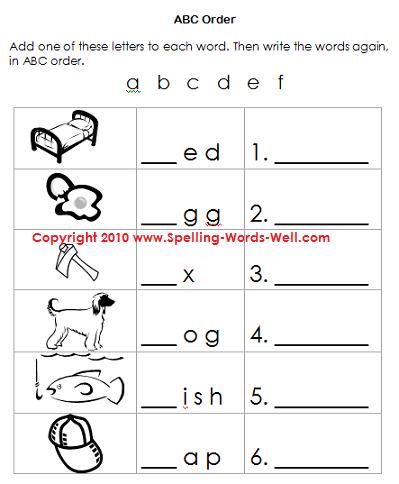
What Do First Graders Learn?
First-grade students are expected to have an understanding and knowledge of basic skills in language arts, math, science, and social studies. This will help them expand on those skills and gain new ones quickly and easily.
Below are some of the skills and concepts that a first-grade student will typically learn:
- Become an independent reader, improve their phonics, phonemic awareness, and comprehension
- Grammar skills including capitalization and punctuation
- Handwriting skills, writing their name as well as simple words and sentences
- Math skills such as adding and subtracting, identifying patterns and shapes
- How to make scientific observations and record these in writing, pictures and/or graphs
- Symbols that represent the U.S.
- Important figures and events in U.S. history
- The difference between living and nonliving things
- The importance of the sun in relation to Earth and living things
The Time4Learning first-grade lesson plans pages can help you gain an understanding of what a first-grade education should include.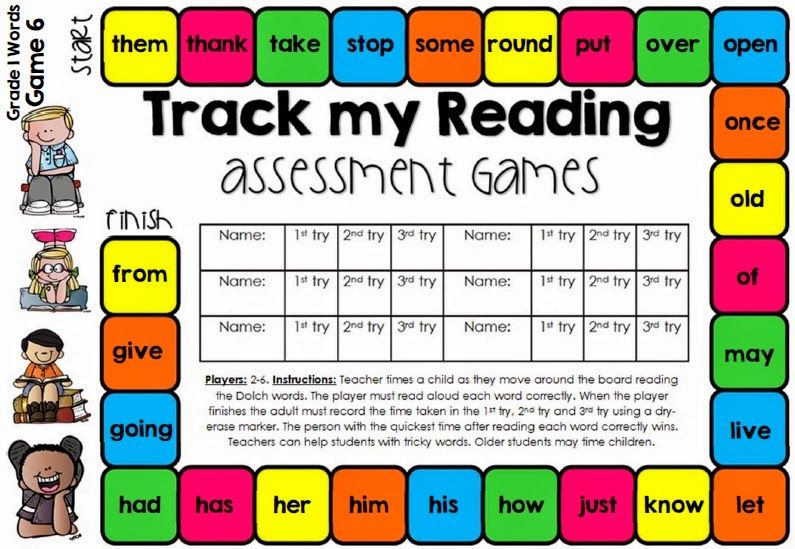
What to Look for in a First-Grade Homeschool Curriculum
Most first graders are about five or six years old and seeking independence as they explore the world around them, but they need help with some tasks. If you’re new to homeschooling and learning how to homeschool first grade, or simply looking for a new homeschool curriculum, it’s essential to keep these things in mind when choosing the right curriculum.
- Does the curriculum make learning fun and keep children engaged?
- Is the material taught in a clear way using real-world examples?
- Does it include reporting tools that make tracking progress easy?
- Are there plenty of opportunities for children to reinforce skills?
- Do the activities promote problem-solving skills?
Math Curriculum
Time4Learning’s First Grade Math Curriculum and Lesson Plans builds on the skills learned in kindergarten and will further your child’s knowledge and proficiency in mathematical skills such as:
- Addition and subtraction
- Fractions
- Operations
- Currency and patterns
Language Arts Curriculum
Time4Learning’s First-Grade Language Arts Curriculum and Lesson Plans will build on what your child already knows and further their skills and proficiency in language arts, including:
- Reading and writing skills
- Understanding of spelling rules
- Comprehension skills, and more
Science Curriculum
Time4Learning’s First-Grade Science Curriculum and Lesson Plans will prepare your child with a solid foundation and understanding of concepts that will set the stage for further learning in the years to come in the areas of:
- Scientific observation
- Physical science
- Life science
- Earth science
What should a child know and be able to do before school? Requirements, questions and advice to a future first-grader
What are the admission requirements for a first grader?
The official list of questions for preschoolers to which the child must know the answer before school does not exist.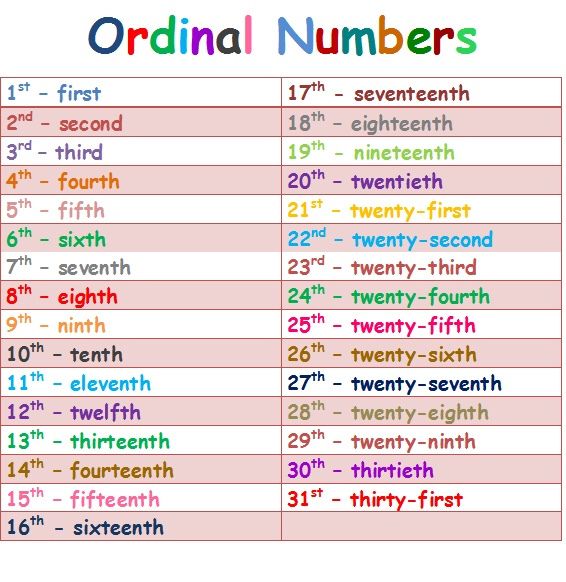 According to the Law of the Russian Federation "On Education", admission to the first the class of state and municipal educational institutions is prohibited to carry out on competitive basis. nine0005
According to the Law of the Russian Federation "On Education", admission to the first the class of state and municipal educational institutions is prohibited to carry out on competitive basis. nine0005
Every child aged 6.5-8 who has no health contraindications has the right to enroll to first class. However, at the request of the parents, the school may accept the child at an earlier or later age. The reason for the refusal can only be the lack of vacant places in it.
In total, are all the requirements for admission to grade 1 conditional? Not certainly in that way. nine0005
To help parents figure out what to teach their child before school, we prepared this review.
Knowledge and skills that will be useful to a first grader
Educational institutions that prepare children with outstanding abilities, often they test and interview those who want to learn from them.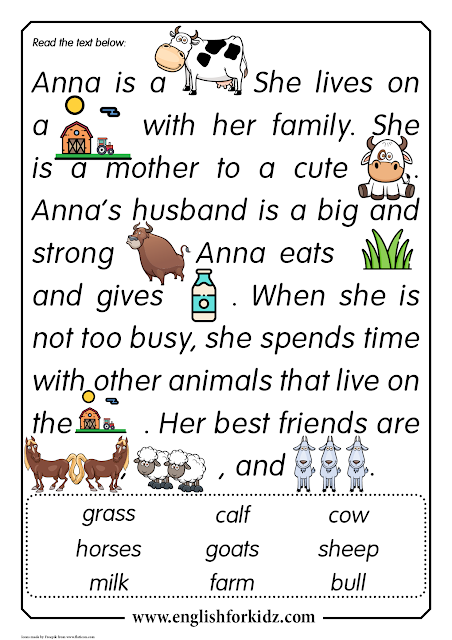 Some schools post on the site criteria for a child's readiness for school, and teachers expect a certain level of preparation children. In the school chosen for admission, it is also worth clarifying what the child usually asks psychologist, whether written testing is carried out. nine0005
Some schools post on the site criteria for a child's readiness for school, and teachers expect a certain level of preparation children. In the school chosen for admission, it is also worth clarifying what the child usually asks psychologist, whether written testing is carried out. nine0005
Most often, the necessary knowledge and skills are divided into 4 blocks: "General development", "Logic and thinking”, “Reading and speech”, “Mathematics”.
It is useful to independently test a preschooler according to the main criteria in any case. We collected questions and tasks that will help the future first-grader gain self-confidence, and you - peace and a sense of accomplishment. nine0005
Questions for general development.
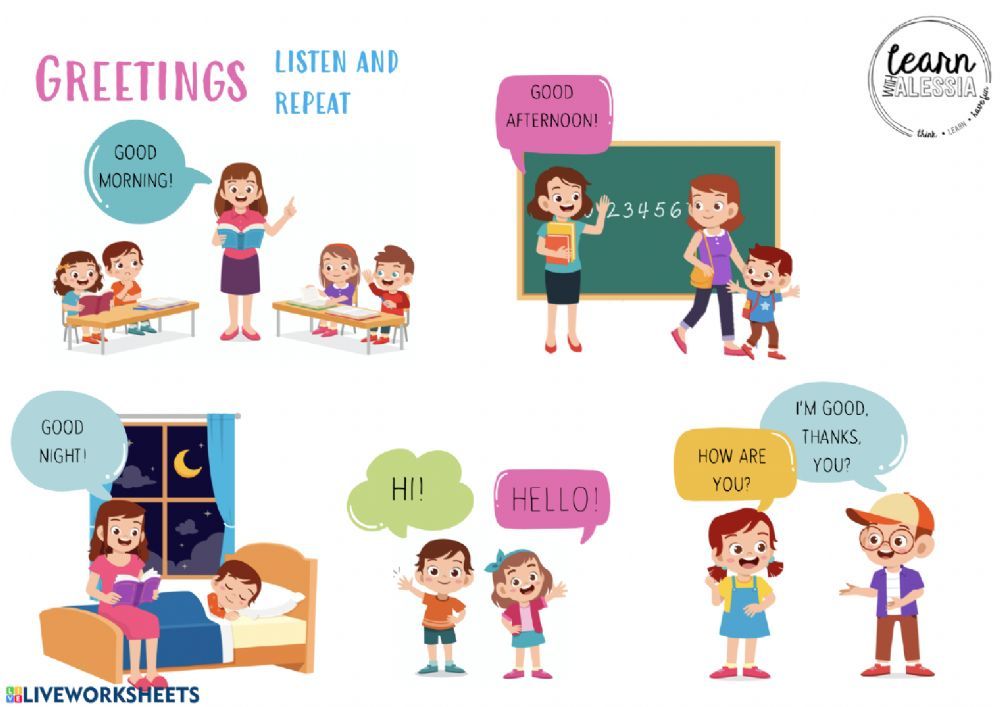 "The world"
"The world" To understand whether an older preschooler has basic knowledge for his age, take a walk with him on the following questions:
1. Me and my family
- What is your name? State your last name and patronymic. nine0027 - How old are you? When's your birthday?
- Give the name and patronymic of your mother, your father. Who do they work?
Do you have a brother or sister, how old are they?
What is your home address and phone number? What city do you live in? What is the name of your country? What other countries can you name?
2. Nature
What phenomena of nature and weather do you know? What is the difference between snow and hail? Thunder from lightning?
Name the colors you know.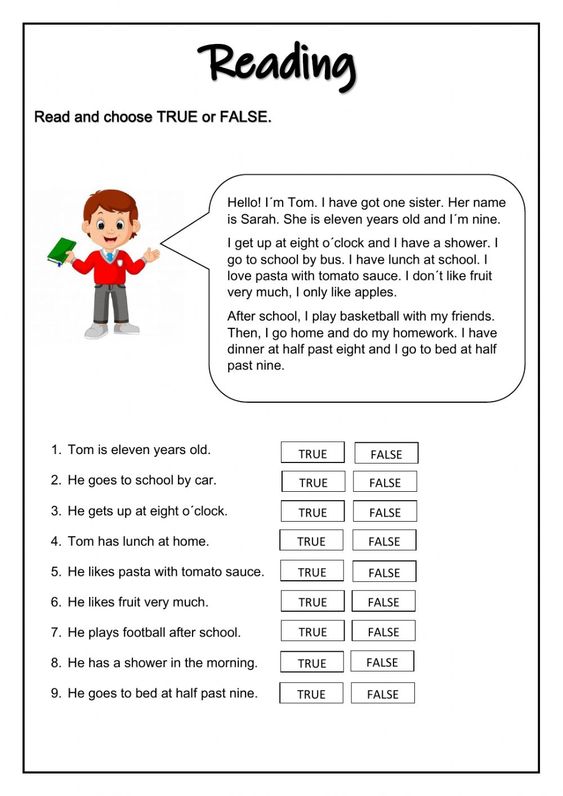
Think about the plants you know. Name the types of trees and flowers. How are trees different from bushes? What fruits can you name? What about vegetables? Berries? How are fruits different from vegetables and berries? nine0027 - List the animals you know. What about insects? How are animals and birds different? birds and fish? How to distinguish wild animals from domestic ones? Name migratory and wintering birds, birds of prey and herbivores. Why are they called that?
Riddles from LogicLike will help you check your knowledge:
- about live and inanimate nature; nine0043
- about wild and pets;
- about birds.
Thematic tests around the world
- Who are the animals?
- Wild and pets
- What are the plants? nine0043
- What are the birds?
- Who such fish?
- Insects.
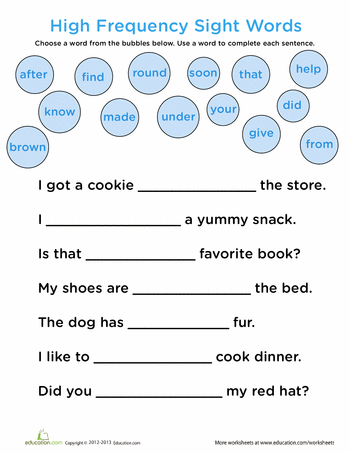
3. Time and space
Name the parts of the day in order. How is day different from night? What is more: a minute or an hour, a day or week, month or year? nine0027 List the days of the week in order. Name the spring, summer, autumn, winter months of the year. How much months in a year? How many days in a month? And in a week? How many hours in a day?
What object is needed to measure time? Talk at a distance? Watch the stars? Measure weight? Know the temperature?
- Show me where is "right" and where is "left". nine0005
4. Professions
Name a few professions. What specialist teaches children? Healing people? Writes poems? Who composes music? Does he paint pictures? Building houses? Does he drive cars? Sewing clothes? plays in movies and theater?
5.
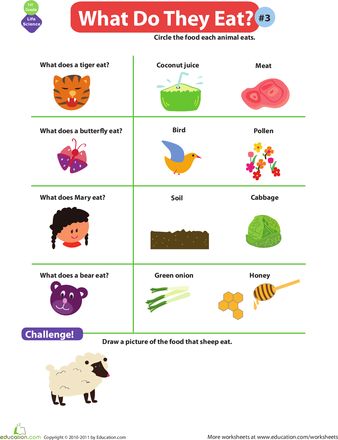 Arts and sports
Arts and sports - What kinds of sports do you know? What sports require a ball, skates? nine0027 What famous writers and poets do you know?
6. Safety rules
- In what places and at what color of the traffic light do you need to cross the road? How would you do if is there a traffic light nearby?
7. Motivation
- Why do you need to study? Why are you going to school?
Focus on the issues that caused the child difficulty. Didn't remember the wild ones animals? It's time to look into the encyclopedia together or go to the zoo. Didn't work the first time explain how to cross the road? So, you need to consider the rules of the road for pedestrians in practice. nine0005
nine0005
To decide tasks, click Start classes!
To decide tasks, click Start classes!
To decide tasks, click Start classes!
Introduce your child to the online platform LogicLike to increase his cognitive interest and set him up for a positive attitude to study. nine0005
Reading and speaking
By the age of 6-7, the child should easily memorize and retell small texts (3-5 sentences), read short sentences and understand their meaning. Also, make up your own stories. pictures and willingly share thoughts on a given topic.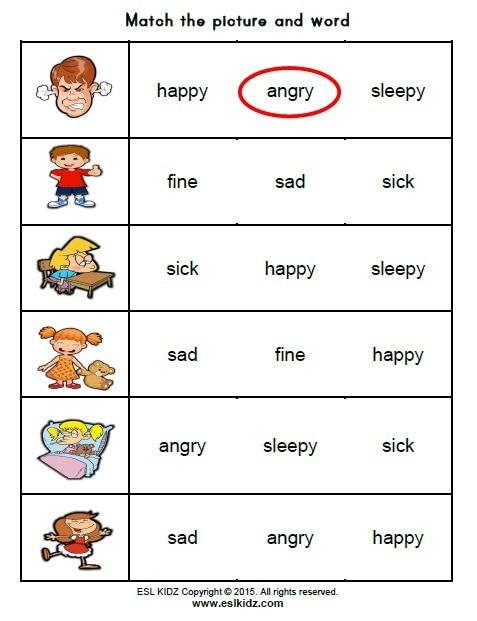 Question, exclamation, statement - senior a preschooler already understands intonations and knows how to express them. nine0005
Question, exclamation, statement - senior a preschooler already understands intonations and knows how to express them. nine0005
Also, the future first grader is recommended to know the alphabet; be able to distinguish letters from sounds, vowels from consonants; find the desired letters at the beginning, middle, end of the word; choose words for a given letter divide words into syllables.
In the article "How to teach a child read" we share ideas on how to competently approach the issue of developing reading skills with a preschooler and where to start classes. nine0005
Mathematics
By the first grade, the child has the first serious ideas about mathematics.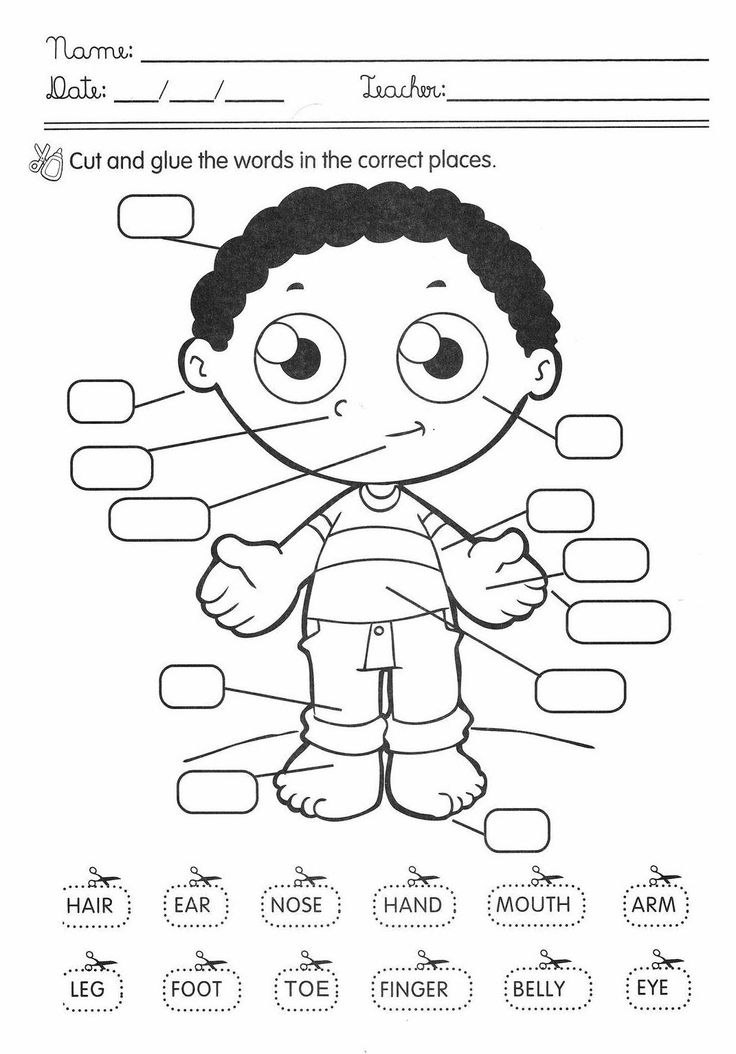 He can count from 1 to 10 and vice versa, compare numbers of the first ten, solve simple problems with unit subtraction and addition.
He can count from 1 to 10 and vice versa, compare numbers of the first ten, solve simple problems with unit subtraction and addition.
Ability to solve simple mathematical problems for preschooler is not mandatory, but will definitely help the first grader feel confidently. nine0005
See also: How to teach preschooler addition and subtraction in mind?
It is not difficult for him to compare a pyramid with a ball in shape, length, width, height.
If your child does not fit the descriptions above 100%, this does not mean at all that he does not ready to go to first grade. Your task is to help the preschooler develop key abilities, ignite the desire to develop and learn new things.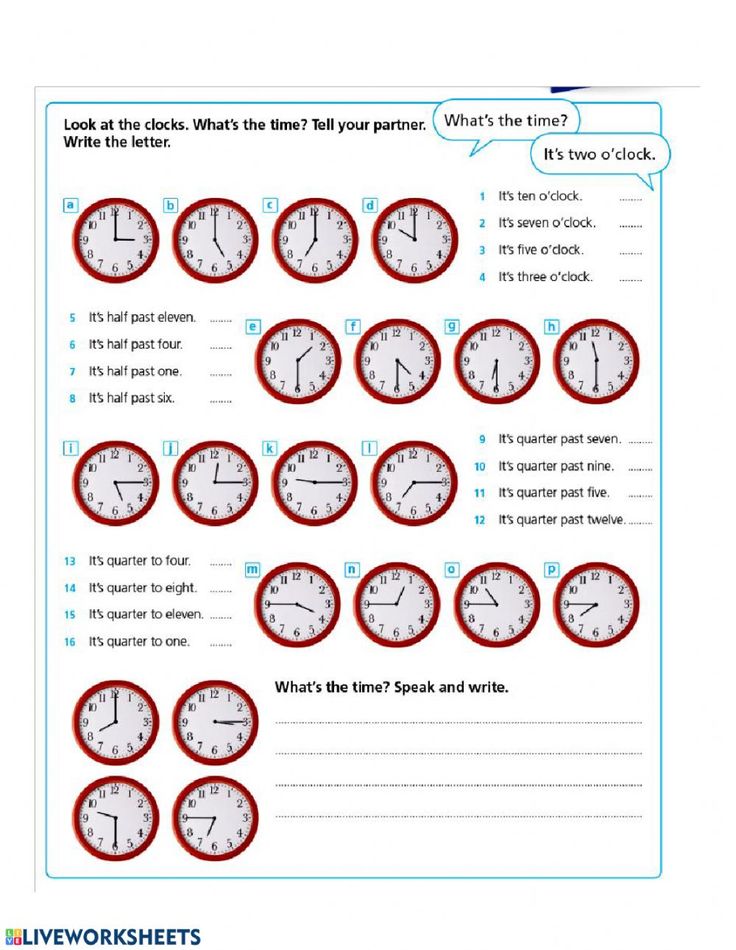 nine0005
nine0005
Your interest and participation will help the child to pump over weaknesses and come to the first class prepared and self-confident.
Find time to work out with your son or daughter 2-3 times a week. And LogicLike is ready share your worries about preparing your child for school. start solve development problems! nine0005
Mathematics in grade 1 - what should a child be able to do?
Global development does not stand still, so the requirements for a person and his capabilities are constantly increasing. Including such a category of the population as schoolchildren. They need to work almost without rest in order to withstand the competition of their peers.
The level of knowledge of first-graders has also become quite high. Schools do not have strict requirements for future students, but still, yesterday's kindergarteners must be prepared for basic subjects.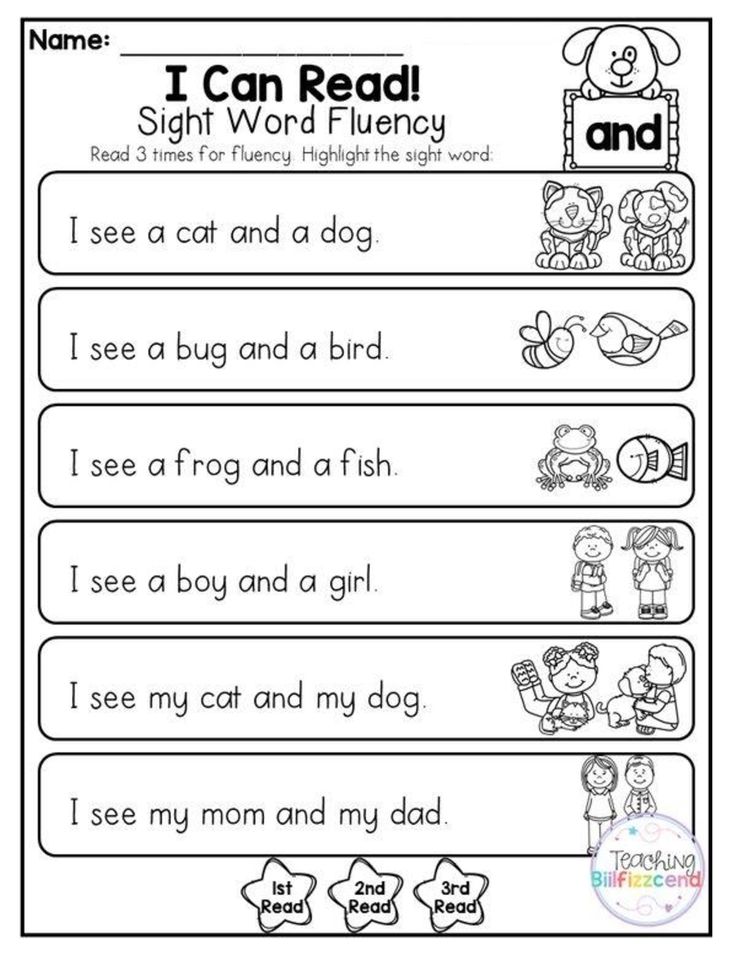 It will be easier for a child to study in the first grade if he knows letters and sounds, can read by syllables, hold a pen correctly, and even better be able to write letters and know the alphabet well. As for mathematics in the first grade, there are also some requirements: you need to know simple geometric shapes, count up to 10, and preferably up to 20, understand what direct and reverse ordinal counting is, navigate on a sheet of paper. nine0005
It will be easier for a child to study in the first grade if he knows letters and sounds, can read by syllables, hold a pen correctly, and even better be able to write letters and know the alphabet well. As for mathematics in the first grade, there are also some requirements: you need to know simple geometric shapes, count up to 10, and preferably up to 20, understand what direct and reverse ordinal counting is, navigate on a sheet of paper. nine0005
Both the educational and moral readiness of children is important. Parents are worried about the future first-grader, because even knowing everything that is needed, he can get confused and nervous. And school interviews are held precisely for this, so that teachers can understand how capable and prepared the child is.
How can I help my child learn the school curriculum in mathematics in the first grade?
Many parents from the first grade strive to teach their children to study well - to get only A's. But at the same time, they forget to emphasize that the most important thing is to gain knowledge.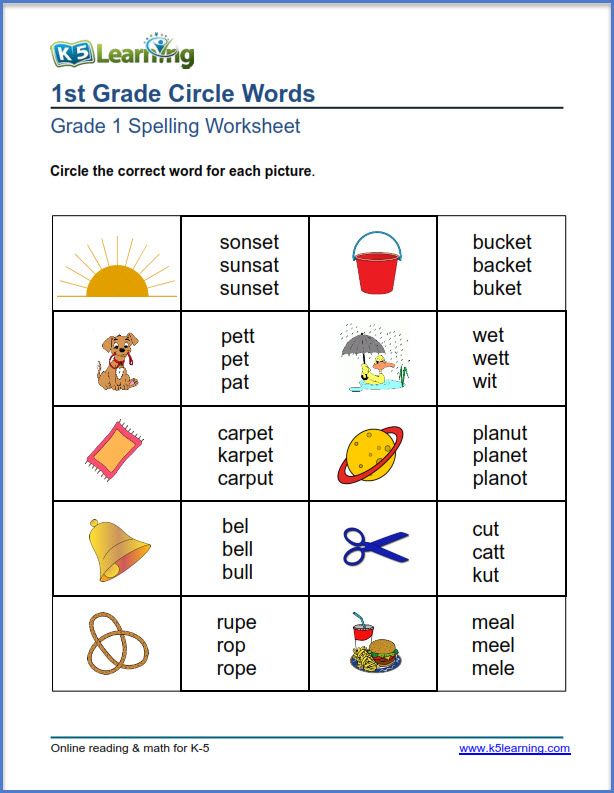 Even first-graders often have a problem that the grades are good, but there is very little knowledge. After all, it’s easy to just memorize the material in order to answer well at the blackboard the next day. It is difficult to understand and understand the topic in order to fix it forever. nine0005
Even first-graders often have a problem that the grades are good, but there is very little knowledge. After all, it’s easy to just memorize the material in order to answer well at the blackboard the next day. It is difficult to understand and understand the topic in order to fix it forever. nine0005
Therefore, parents should convey to their children that the most important thing is to understand mathematics, learn how to apply it in life, perform exercises consciously, do not solve examples in the classroom mechanically, but only with full understanding and without haste. For conscious learning, the development of logic and non-standard critical thinking also helps. Thanks to them, it will be easier for the student to understand mathematics and apply its laws in life.
1st grade math assignments
First-graders' education is mainly based on what children learned in preschool lessons. The past is repeated, and the complication of the material occurs very gradually.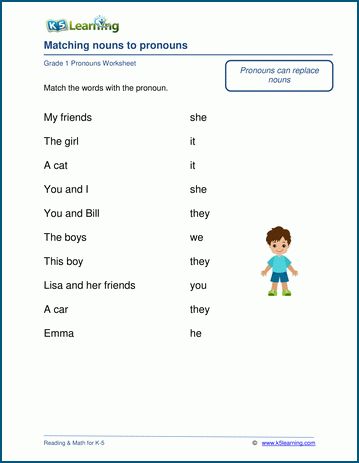 nine0005
nine0005
Mathematics assignments in grade 1 are the study of a straight line, a point, a broken line, simple geometric shapes, both written and mental counting. Considering that the basis of algebra is the multiplication table, then in the first grade there is preparation for its study: fundamental knowledge is gained, which in the second grade allows you to master the multiplication table.
In addition, of course, students learn to find figures in the world around them, broaden their horizons, try to apply in life the calculation that they have already mastered. They also solve puzzles, puzzles, easy entertaining tasks, the simplest examples. Despite the fact that this is a school, teachers try to teach the material in an interesting way, and pick up tasks that are exciting and in a playful way. nine0005
Math puzzles and quick wits
In addition to learning numbers, rules and counting, it is important to give your child to solve various puzzles and puzzles.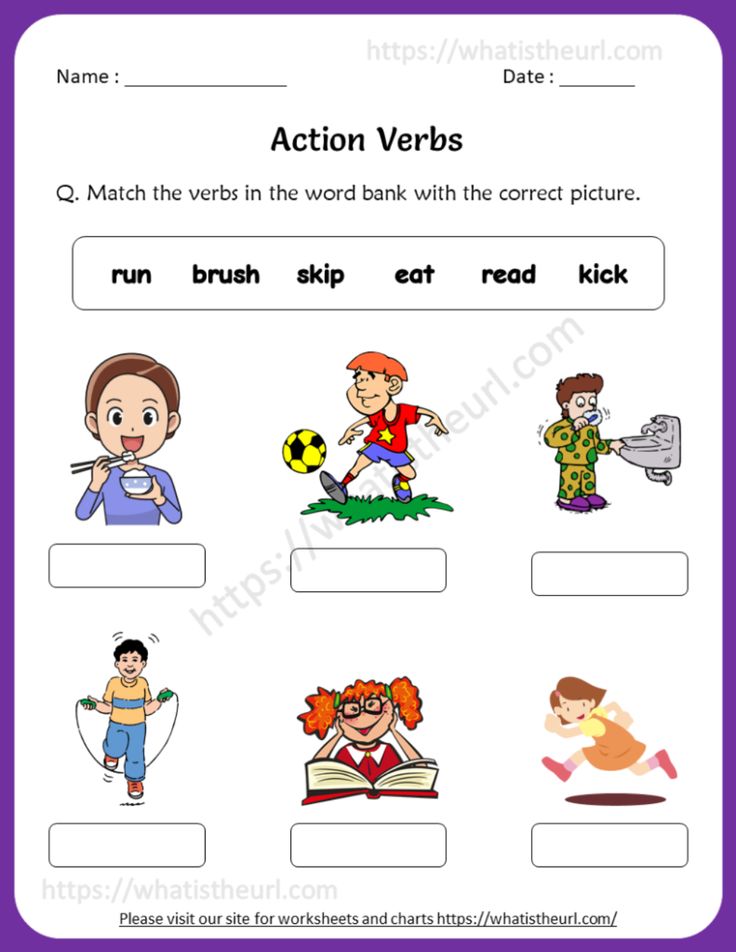 It is non-standard tasks that help a child develop his brain, learn how to find a solution, are not afraid of difficulties, apply mathematical tricks. Simple examples will only help to work out the skill of arithmetic calculations, and you can develop further only using non-standard thinking.
It is non-standard tasks that help a child develop his brain, learn how to find a solution, are not afraid of difficulties, apply mathematical tricks. Simple examples will only help to work out the skill of arithmetic calculations, and you can develop further only using non-standard thinking.
The modern Amamatika method from the AMAKids Intelligence Development Academy includes an online platform and math game simulators that allow you to develop all the abilities of children in the field of mathematics at once.
In order to teach students to easily solve problems of any complexity, as well as apply the “queen of sciences” in life, our textbooks and manuals offer interesting tasks with missing numbers, unbroken crosswords and puzzles, mathematical puzzles for grade 1 and for older children, fascinating mazes , tasks for ingenuity. Knowing how to apply non-standard methods of solving, the child does not experience fear of tasks of increased complexity. He takes on any challenge with interest.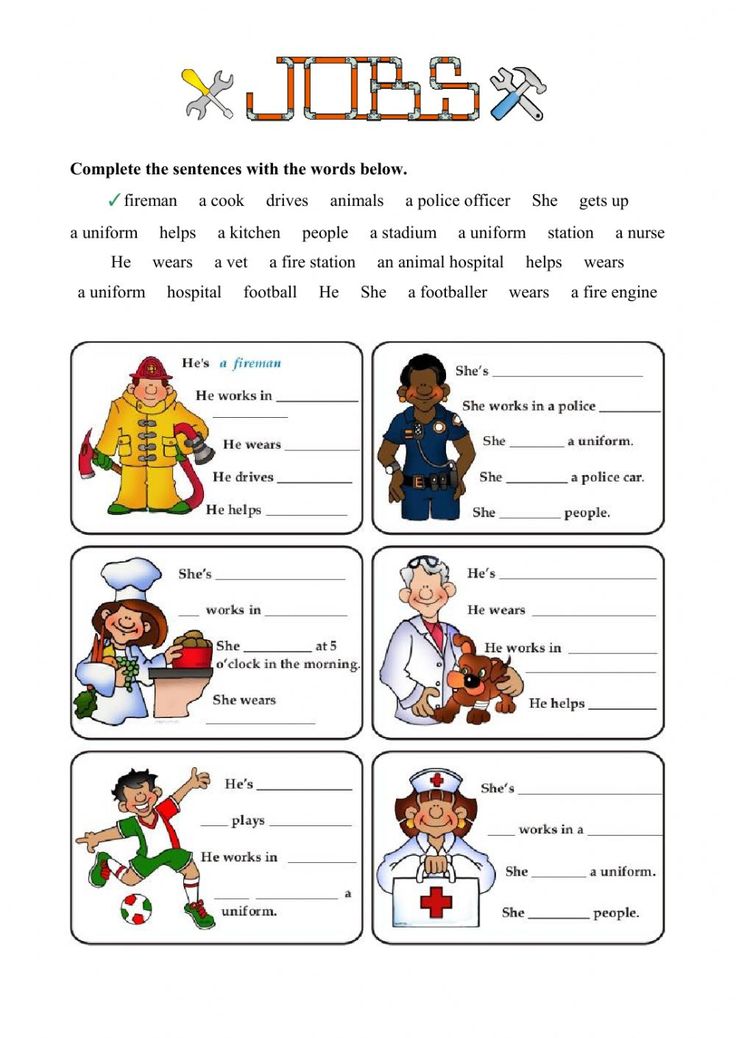 nine0005
nine0005
Math Simulator Grade 1
The Amamatika platform and simulator will help you not only succeed in school, but also teach you how to find an approach to complex tasks, teach financial literacy and the basics of programming, help develop analytical thinking, spatial imagination. Mathematics is a complex subject, but if you approach learning in a structured way and adhere to a proven methodology, a student will be able to understand and consolidate even the most difficult topics.
On our convenient online platform, students can pull up any mathematical direction - you just need to go to the required section and start doing the exercises. The first grade math simulator will provide a correct understanding of the subject and lay the necessary foundations for further learning.
Also on the gaming platform there are sections with arithmetic, geometry, tasks, as well as tasks on financial literacy, programming and games for the development of logic, memory and attention.